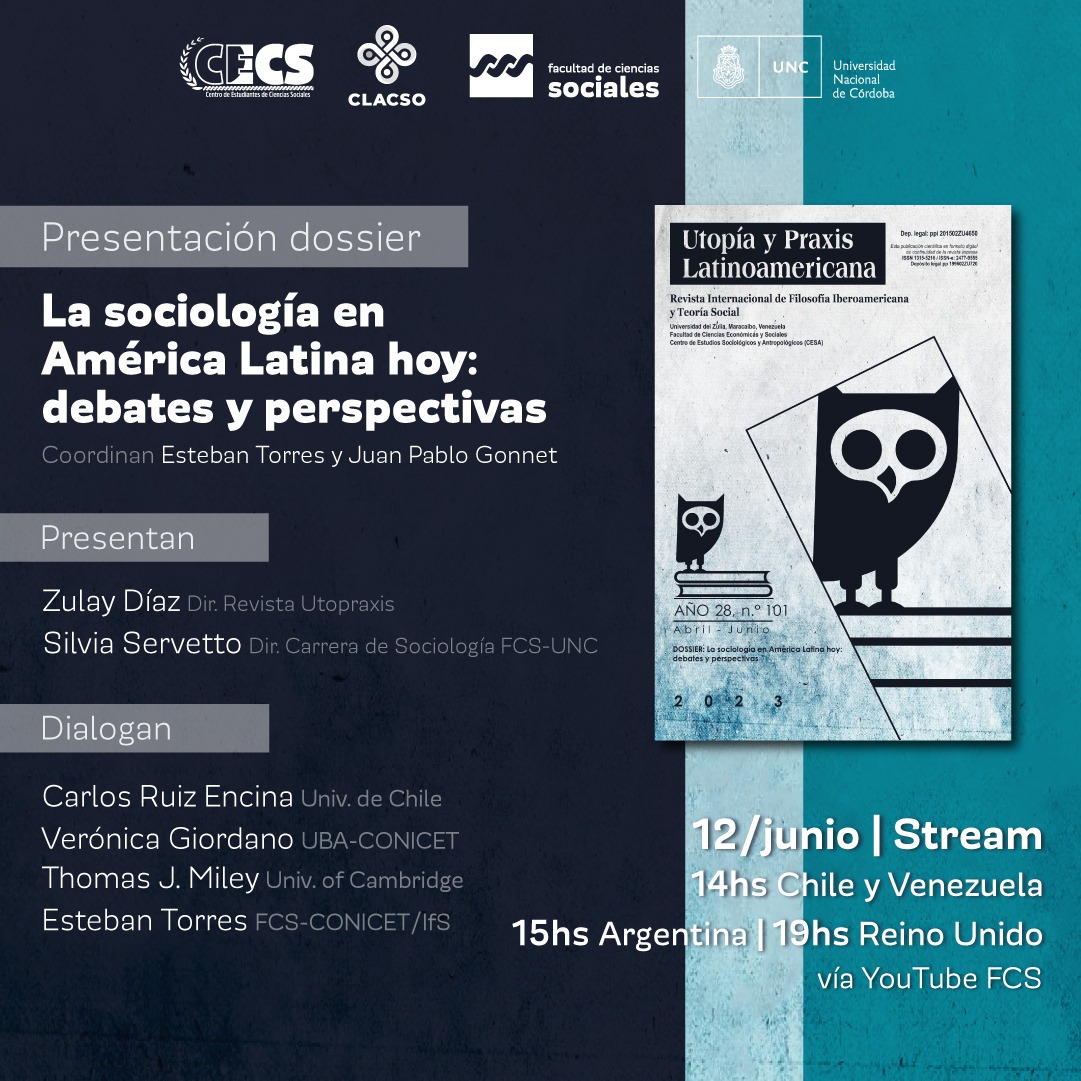Incest rape: Factor, impact and solution in the perspective of Islamic law
Resumen
ABSTRACT
This research aims at analyzing factors, impacts, and solutions to incest rape, according to the perspective of Islamic law. Uses a literature study as its methodologically approached. Incest rape is triggered by various factors. They include: (a) The absence of regular partners. (b) The secrecy of an incest relationship to its environs. (c) The implementation of moral values in the family. (d) A comforting feeling between close relatives. (e) Self-seclusion of the family (f) A protection of a family’s nobility. (g) cultural conflicts and poverty. Incest, or consanguinity cohabitation, also has negative impacts, either psychological, physical, or social.
RESUMEN
Esta investigación tiene como objetivo analizar factores y soluciones a la violación por incesto utilizando el enfoque de estudio de la ley islamica. Utiliza el estudio literario como enfoque metodológico. La violación por incesto es provocada por varios factores Incluyen: (a) La ausencia de socios regulares. (b) El secreto de una relación de incesto con sus alrededores. (c) la implementación de valores morales en la familia. (d) Un sentimiento de comodidad entre parientes cercanos. (e) Auto-reclusión de la familia (f) Una protección de la nobleza de una familia. (g) conflictos culturales y pobreza. El incesto, o convivencia de consanguinidad, también tiene impactos negativos, ya sean psicológicos, físicos o sociales.
Citas
ANUGRAH, A, BUDIONO, R, HIDAYAT, F (2017). “Perkawinan Sedarah yang Dilakukan Oleh Suku Polahi dalam Perspektif Undang-undang Nomor 1 Tahun 1974 tentang Perkawinan”. Jurnal Hukum, 6(8).
AZHARI, R, ASAD, M, KARIM, A, JERMSITTIPARSERT, K, UMAM, R (2019). “Benchmarks of Authority in Suruhanjaya Perkhidmatan Awam and the Commission of State Civil Services (KASN)”. International Journal of Innovation, Creativity, and Change, 8(8), pp. 351–362.
BASILE, K, SMITH, G, LIU, Y, KRESNOW, M, FASULA, A GILBERT, L, CHEN, J. (2018). “Rape-related pregnancy and association with reproductive coercion in the US”. American journal of preventive medicine, 55(6), pp. 770-776.
BARNETT, M, SLIGAR, K, WANG, C (2018). “Religious Affiliation, Religiosity, Gender, and Rape Myth Acceptance : Feminist Theory and Rape Culture”. Journal of Interpersonal Violence, 33(8), pp. 1219-1235.
CAMPBELL, R, FEENEY, H, PIERCE, S, SHARMA, D, FEHLER, G (2016). “Tested at Last : How DNA Evidence in Untested Rape Kits Can Identify Offenders and Serial Sexual Assaults”. Journal of Interpersonal Violence, pp. 1–23.
CNN INDONESIA (2019). “Fenomena Inses, Antara Kesempatam dan Ketidakberdayaan”. Indonesia.
DENOV, M, WOOLNER, L, BAHATI, P, NSUKI, P, SHYAKA, O (2017). “The intergenerational legacy of genocidal rape: The realities and perspectives of children born of the Rwandan genocide”. Journal of interpersonal violence, 0886260517708407.
EDDYONO, S (2016). “Tindak Pidana Inses dalam RKUHP (Anggara, ed.)”. Pejaten Barat: Institute for Criminal Justice Reform.
EKANDARI, F MUSTAQFIRIN, S FATUROCHMAN, L (2001). “Perkosaan, Dampak, dan Alternatif Penyembuhannya”. Jurnal Psikologi, 28(1), 1–18.
ENDRAWATI, L, JACKY, M (2014). “Analisis Diskursus Media pada Kasus Hubungan Seks Incest”. Paradigma, 2(2), pp. 1–11.
GANGA, F. (2019). “Juicios en dilemas éticos por estudiantes de negocios de una universidad estatal chilena”. Utopía Y Praxis Latinoamericana, 24(4), pp. 64–74.
IMMANUEL, R (2016). “Dampak Psikososial pada Individu yang Mengalami Pelecehan Seksual di Masa Kanak-kanak”. Psikoborneo, 4(2), pp. 312–320.
JERMSITTIPARSERT, K., KASEMSUKPHAISIT, P. (2016). “Bangkok Men's Attitudes Towards Marital Rape”. Review of European Studies, 8(1), pp. 185-198.
LICHTY, L, GOWEN, L, (2018). “Youth Response to Rape : Rape Myths and Social Support”. Journal of Interpersonal Violence, pp. 1-28.
MUHASIM, M (2017). “Budaya Kejujuran dalam Menghadapi Perubahan Zaman (Studi Fenomenologi Masyarakat Islam Modern)”. PALAPA, 5(1), pp. 174-195.
NITSCHKE, F, MASSER, M, MCKIMMIE, M, RIACHI, M (2018). “Intoxicated but not incapacitated: are there effective methods to assist juries in interpreting evidence of voluntary complainant intoxication in cases of rape?” Journal of interpersonal violence, 0886260518790601.
NUGRAHA, A (2015). “Represi Terhadap Incest (Kajian Mengenai Kasus Incest di Kabupaten Aran Pandang)”. Jurnal Ilmiah Sosiologi Agama, 9(2), pp. 89–104.
PEREMPUAN, K (2018). “Profil anak indonesia 2012”. Jakarta (ID): KPPA.
PUSPITASARI, I, DEVINTAWATI, E (2018). “Urgensi Pengaturan Kejahatan Korporasi dalam Pertanggungjawaban Tindak Pidana Korporasi Menurut RKUHP”. Kanun: Jurnal Ilmu Hukum, 20(2), pp. 237-254.
RICHER, L, FIELDS, L, BELL, S, HEPPNER, J, DODGE, J, BOCCELLARI, A, SHUMWAY, M (2017). “Characterizing drug-facilitated sexual assault subtypes and treatment engagement of victims at a hospital-based rape treatment center”. Journal of interpersonal violence, 32(10), pp. 1524-1542.
ROFIAH, N, NAHE, I (2016). “Kajian tentang Hukum dan Penghukuman dalam Islam: Konsep Ideal Hudud dan Praktiknya”. Jakarta: Komnas Perempuan.
SUTARNIO, A, NANSI, W (2017). “ANALISIS TINDAK PIDANA INSES DALAM PERSPEKTIF KRIMINOLOGI DAN VIKTIMOLOGI”. Jurnal Pemberdayaan Hukum, 7(2).
SURYANI, M (2018). “Implementasi Perkawinan Sedarah pada Masyarakat Desa Serombou Indah Kecamatan Rambah Hilir Kabupaten Rokan Hulu”. JOM Fakultas Hukum, 5(1), pp. 1–12.
TURSILARINI, T (2018). “Dampak Kekerasan Seksual Di Ranah Domestik Terhadap Keberlangsungan Hidup Anak”. Media Informasi Penelitian Kesejahteraan Sosial, 41(1), pp. 77-92.
VILLALOBOS ANTÚNEZ, J & RAMÍREZ MOLINA, R (2018). “El derecho a la autobiografía: dimensión ius-filosófica desde la perspectiva de H. Arendt y P. Ricoeur”. Opción. Revista de Ciencias Humanas y Sociales, 34(18), pp. 1012-1587.
WALFIELD, S (2018). “Men cannot be raped: Correlates of male rape myth acceptance”. Journal of interpersonal violence, 0886260518817777.
YUDANINGSIH, L. (2014). “Pengaturan Tindak Pidana Inses Dalam Perspektif Kebijakan Hukum Pidana”. Inovatif, 7(2), pp. 90–105.












